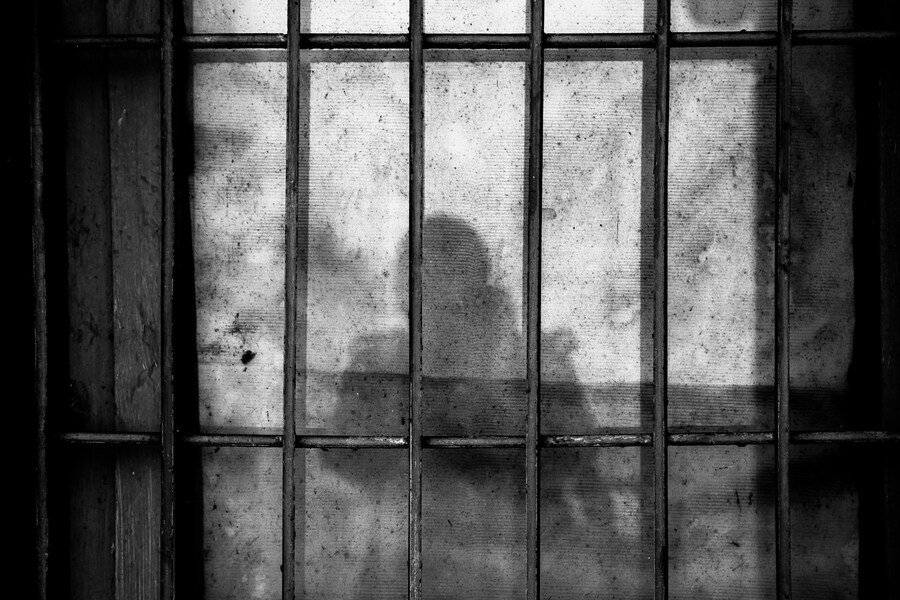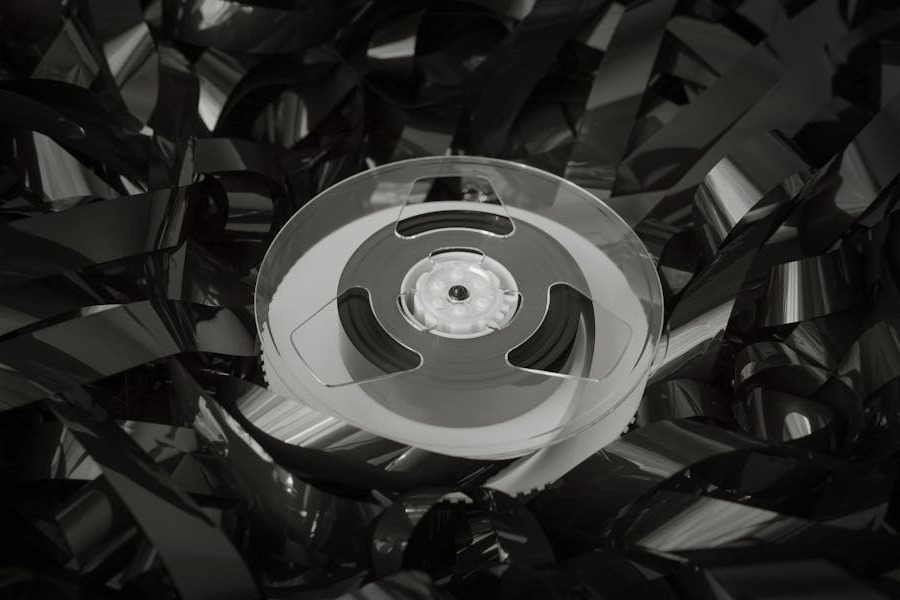Guide to San Diego Criminal Courts: What You Need to Know About Each Courthouse
At David P. Shapiro Criminal Defense Attorneys, most of our clients come to us having never dealt with the legal system before. They may be facing charges for the first time, or they may have had a previous encounter with the law but are now facing more serious consequences. Regardless of their background, we believe that everyone deserves a strong defense and the opportunity to have their rights protected.
We believe that knowledge is power, no matter what type of legal case you’re facing.
If you or a loved one are facing criminal charges in San Diego, California, understanding where your case will be heard is crucial. This guide will walk you through each courthouse – state, federal, and juvenile courts – where criminal cases are processed in San Diego County. We’ll explore who the prosecutors are, key departments that handle different types of cases, and important differences between state, federal, and juvenile courts.
Central Courthouse: The Hub of San Diego’s Court System
The Central Courthouse, located at 1100 Union Street in downtown San Diego, is the largest and busiest of the county’s courthouses. This facility, which opened in 2017, houses several key divisions and services.
Key Departments:
- Department 101: Felony arraignments
- Department 2011: Misdemeanor arraignments
- Departments 1101, 1102, 1103: Felony readiness conferences
- Department 202: Misdemeanor readiness conferences
- Department 102: Preliminary hearings and trial assignments
Prosecutors:
- Misdemeanors: San Diego City Attorney’s Office
- Felonies: San Diego District Attorney’s Office
Criminal Division (Felonies, Misdemeanors, SAAU)
The Criminal Division handles a wide range of criminal cases, from misdemeanors to serious felonies. If you’ve been charged with a crime in San Diego, there’s a good chance your case will be heard at the Central Courthouse.
In addition to traditional criminal courtrooms, the Central Courthouse also houses the Substance Abuse Assessment Unit (SAAU). The SAAU is a specialized program that assesses defendants with substance abuse issues and makes recommendations for treatment and rehabilitation as part of the criminal justice process.
Family Division (Family Court Services, Family Law Facilitator)
The Family Division deals with cases involving divorce, child custody, child support, and other family law matters. The Central Courthouse also houses Family Court Services, which provides mediation for parents involved in custody disputes, and the Family Law Facilitator’s office, which offers free legal assistance to self-represented litigants in family law cases. If you or a loved one has been served with a domestic violence restraining order, your restraining order case will likely take place in one of the family law courtrooms.
Appeals Division (Unlimited Civil and Felony)
The Appeals Division handles appeals of civil cases and felony criminal cases. If you’re seeking to appeal a decision made in one of these types of cases, your appeal will be heard at the Central Courthouse.
Getting to the Central Courthouse is relatively easy, as it’s located near several major freeways and public transit options. Paid parking is available in nearby lots and garages, and metered street parking is also an option.
East County Regional Center: Serving El Cajon and Surrounding Areas
The East County Regional Center, located at 250 East Main Street in El Cajon, serves the eastern portion of San Diego County. This courthouse handles a variety of case types.
Key Departments:
- Department 3: All arraignments (felonies and misdemeanors)
- Department 2: Felony readiness conferences
- Department 4: Misdemeanor readiness conferences
- Department 11: Preliminary hearings, post-preliminary hearing readiness conferences, and trial assignments
Criminal Cases
The East County Regional Center hears both misdemeanor and felony criminal cases for offenses that occurred in the East County region.
Family Law Cases
Family law cases, including divorces, child custody disputes, and domestic violence restraining orders, are heard at the East County Regional Center.
Civil Harassment & Elder/Dependent Adult Abuse Restraining Orders
If you need to file a civil harassment or elder/dependent adult abuse restraining order, you can do so at the East County Regional Center.
The East County Regional Center is accessible via Interstate 8, and there is a public parking structure available in front of the courthouse.
North County Regional Center: A Full-Service Branch Court in Vista
The North County Regional Center, located at 325 South Melrose Drive in Vista, is a full-service branch court that handles a wide variety of case types for the northern portion of San Diego County.
Misdemeanor Cases:
- Department 14: Arraignments
- Department 1: Readiness conferences
- Department 5: Motion hearings and trials
Felony Cases:
- Department 14: Arraignments
- Department 6: Pre-preliminary hearing readiness conferences
- Department 5: Preliminary hearings, post-preliminary hearing readiness conferences
Note: The Vista courthouse operates differently from other San Diego County courthouses, making local experience particularly important.
Criminal, Civil, and Family Law Cases
Like the other branches throughout the county, the North County Regional Center hears criminal, civil, and family law cases for North County residents. This includes misdemeanors, felonies, small claims cases, landlord-tenant disputes, divorces, and child custody matters.
Appeals, Adoptions, and Traffic Cases
In addition to the main case types, the North County Regional Center also handles appeals of misdemeanor cases, adoptions, and traffic violations.
The North County Regional Center is accessible via Interstate 5 or Highway 78, and there is a public parking lot located in front of the courthouse.
South County Regional Center: Serving Chula Vista and South San Diego
The South County Regional Center, located at 500 Third Avenue in Chula Vista, serves the southern portion of San Diego County. This courthouse handles the following types of cases:
Key Departments:
- Department 3: Misdemeanor cases
- Department 12: Felony arraignments
- Department 14: Felony readiness conferences
- Department 16: Preliminary hearings and trial assignments
Criminal, Traffic, and Minor Offense Cases
The South County Regional Center hears criminal cases, traffic violations, and minor offenses for the South County region.
Family Law Cases
Family law cases, including divorces, child custody disputes, and domestic violence restraining orders, are heard at the South County Regional Center.
Civil Harassment & Elder/Dependent Adult Abuse Restraining Orders
If you need to file a civil harassment or elder/dependent adult abuse restraining order in South County, you can do so at the South County Regional Center. The courthouse also has a Temporary Restraining Order Clinic that offers assistance with completing the necessary forms.
The South County Regional Center is accessible via Interstate 5 or Interstate 805, and there is public parking available around the courthouse.
Juvenile Court
Located at 2851 Meadow Lark Lane, San Diego, CA 92123 (near Highway 163 and Genesee)
Key differences from adult court:
- Detention hearing (rather than arraignment)
- Adjudication hearing (bench trial only, no jury trials)
- Disposition hearing (equivalent to sentencing in adult court)
- Focus on rehabilitation and reunification
Federal Court (Southern District of California)
Located on Broadway in downtown San Diego, with a secondary courthouse in El Centro
Key features:
- Prosecuted by the United States Attorney’s Office
- Cases begin in Magistrate Court
- After indictment, cases move to District Court judges
- District Court judges are presidential appointees confirmed by the Senate
- The first appearance before the sentencing judge may be at sentencing
Tips for Navigating the San Diego Court System
Regardless of which courthouse you need to visit, there are some general tips to keep in mind:
- Arrive early: Allow plenty of time to park, go through security, and find your courtroom.
- Dress appropriately: While you don’t need to wear a suit, dress in a neat, clean, and conservative manner to show respect for the court.
- Bring necessary documents: Make sure you have all the paperwork and evidence related to your case.
- Seek legal assistance if needed: If you’re unsure about how to proceed with your case, consider seeking the advice of a qualified attorney.
While each courthouse has helpful resources for understanding basic legal concepts and procedures, they are no substitute for the guidance and representation of an experienced attorney.
When it comes to navigating the criminal justice system and advocating for your rights, nothing beats having a skilled defense team by your side that is intimately familiar with the local courts and knows how to build a strong defense.
Facing Criminal Charges in San Diego County? Contact David P. Shapiro Criminal Defense Attorneys
If you or someone you love is facing criminal charges in California, swift action is imperative. The penalties can be life altering and long lasting. Give us a call today to set up a case evaluation with one of our attorneys and learn how to best protect your freedom and future. Too often, we see clients who “wait and see,” unsure of the legal landscape ahead, only for charges to escalate. They then find themselves backpedaling into a bad defense and an even worse lawyer. Don’t let that happen to you. Protect your freedom. Protect your future. Know your rights.
The contents of this article and blog are meant for informational and marketing purposes only and do not constitute legal advice. Viewing and/or use of the blog does not form an attorney-client relationship. No statements in this post are a guarantee, warranty, or prediction of a particular result in your case.









